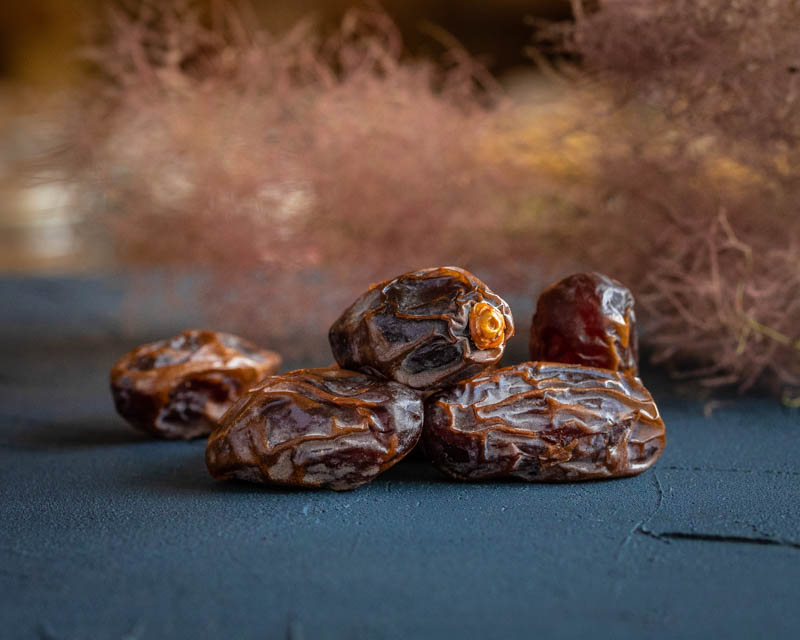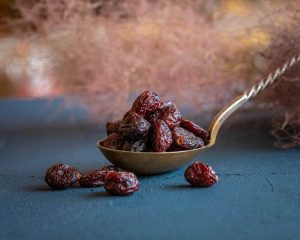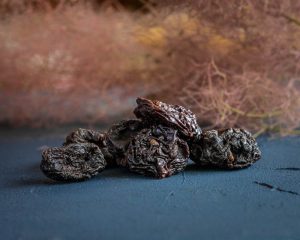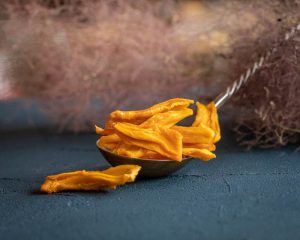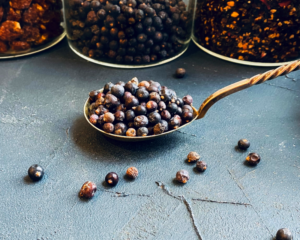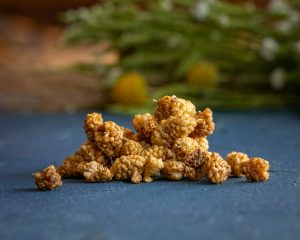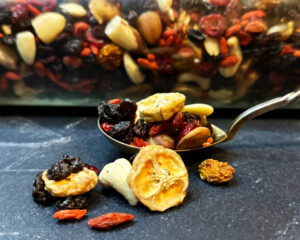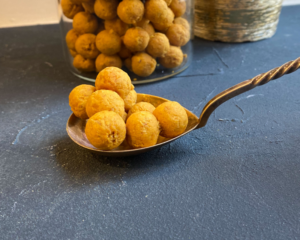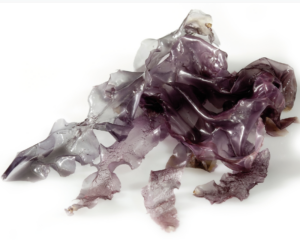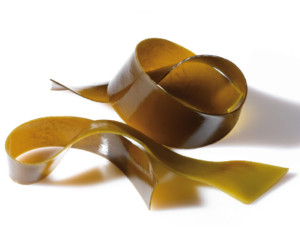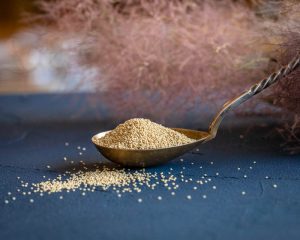
Fresh organic dates with pits in Medjool
From 2.16€
Prized for their sweetness and rich nutritional value, Medjool dates originate from Morocco, where they have been grown in the fertile regions of the Maghreb for centuries. In this North African country, the date palm (Phoenix dactylifera) flourishes in the arid, sunny landscapes of the Sahara desert and its oases, growing the world’s finest dates. Medjool dates are one of the most popular date varieties in the world, and although they originate from Morocco, they are now mainly grown in the Middle East (Israel is the main producer and exporter) and North Africa. Medjool dates are famous for their size, texture and sweet, caramel taste.
Medjool dates are high in fibre: 100 g of Medjool dates will provide you with 26% of your recommended daily intake of fibre. But the benefits of this product do not end with sweetness and fibre. These dates are also a source of copper: 100 g contain 36% of the recommended daily allowance of copper. Water has many benefits for the human body: it helps maintain normal connective tissue, normal energy metabolism, normal nervous system function, normal hair and skin pigmentation, normal iron transport in the body, normal immune system function and helps protect cells from oxidative damage.
Medjool dates are also rich in potassium (100 g contains 34% of the recommended daily allowance), which helps maintain a normal nervous system, muscle activity and normal blood pressure. They also contain other minerals: Medjool dates contain 14% SPK manganese, 14% SPK magnesium and 8% SPK phosphorus, respectively. Medjool dates also contain 8% SPK calcium.
Dates also contain some vitamins: vitamin B6 (17% SPK), folic acid (7% SPK), niacin (10% SPK). Medjool dates also contain vitamin B5 – 13% RPN.
As Medjool dates are a source of vitamin B6, we remind you of its benefits for the body. Vitamin B6, like copper, has beneficial properties for the human body: it helps to maintain normal functioning of the nervous system, normal protein and glycogen metabolism, normal psychological function, normal red blood cell formation, normal immune function, helps to reduce fatigue and tiredness, and helps to regulate hormone activity.
Use: Snack – a serving of 2-3 dates is a filling and nutritious snack. They can be eaten on their own or combined with nuts. Sweetener – Medjool dates can be blended into smoothies, added to porridge or used as a natural sweetener in baking recipes. They are particularly suitable for energy bars and date puddings. Sliced Medjool dates can be sprinkled on salads.
To keep Medjool dates fresh for a long time, store them in the fridge. They can also be frozen.
Sources https://www.webmd.com, USDA Food Composition Databases
NB! The information provided here should not be interpreted as a recommendation for treatment or other types of health problems. We encourage you to make personal health decisions after evaluating different sources of information.
100% fresh organic Medjool dates with pits, moisture content 22-28%
Energy value 1189 kJ / 284 kcal
Fats 0,3 g
- of which saturated fatty acids 0,16 g
Carbohydrates 71 g
- of which sugars 65,5 g
Fibre 5,5 g
Protein 2 g
Salt 0 mg
Magnesium 50 mg
Potassium 600 mg
It is recommended to store in the refrigerator.

